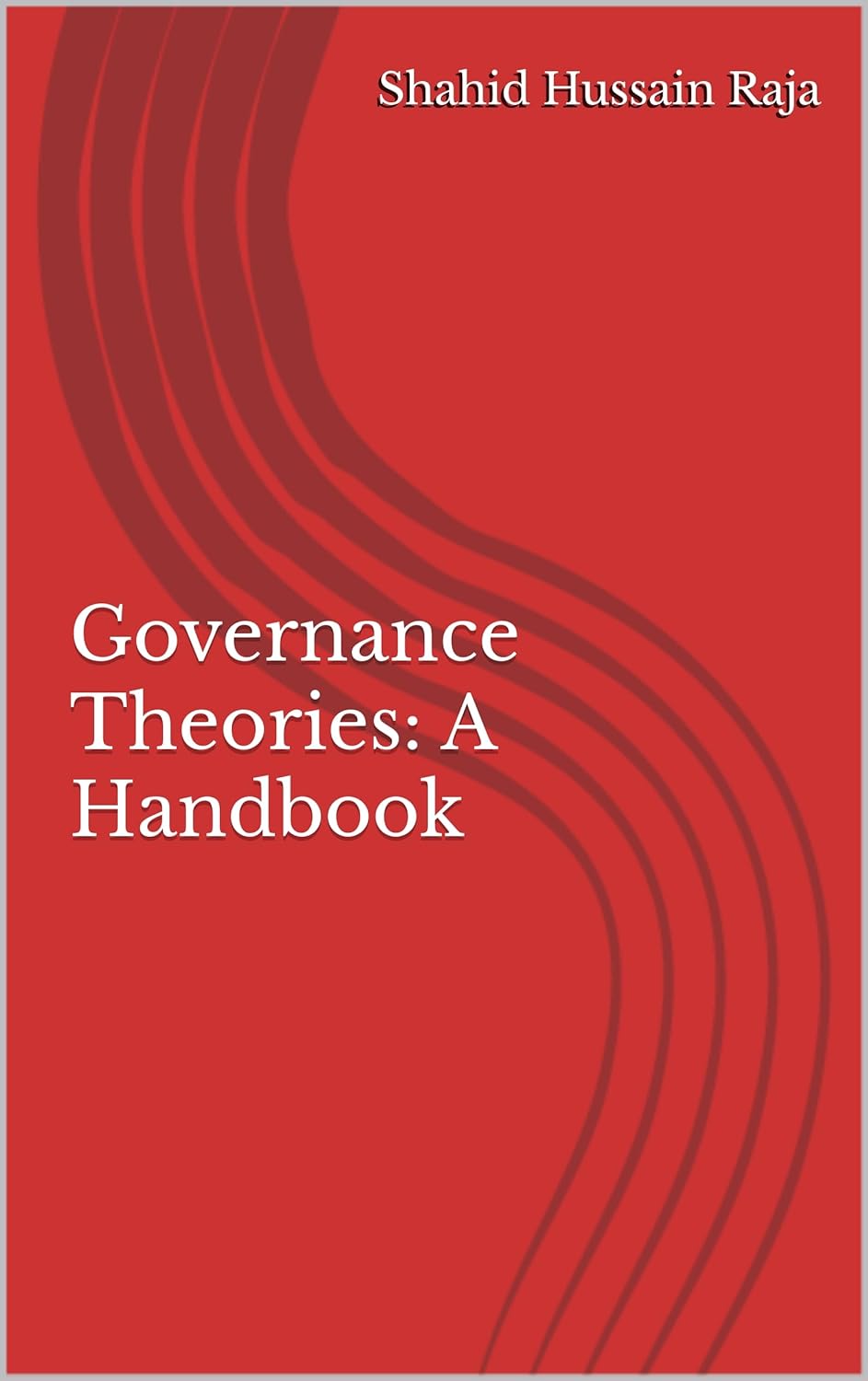
This book is divided into two parts. Part One covers the basics of governance, good governance, and Islamic principles of governance, and provides an overview of eight prominent governance theories. Part Two explains these theories in detail, discussing their core principles, implications, and critiques. Each chapter is dedicated to a specific governance theory, addressing key questions relating to that theory.
:Each chapter concludes with a critical analysis of the theory's application to modern governance, using real-world examples and addressing contemporary challenges. The book aims to provide a comprehensive overview of how these theoretical frameworks guide the understanding and practice of governance, both in historical contexts and in tackling current governance issues.
Genre: POLITICAL SCIENCE / Public Affairs & Administrationjust published
Governance refers to the processes, systems, and practices through which power and authority are exercised within society. It involves the mechanisms, institutions, and networks that enable citizens and groups to articulate their interests, exercise their legal rights, fulfill their obligations, and mediate differences. Governance extends beyond the functions of government, encompassing a broad range of actors, including the private sector, civil society, and international organizations. This multidimensional concept includes aspects such as decision-making, policy implementation, accountability, transparency, participation, and the rule of law.
In any academic discipline, theoretical frameworks are essential for understanding, interpreting, and analysing complex phenomena. They guide researchers in organizing observations, identifying patterns, and establishing relationships between variables. Without theories, scholars would find it difficult to derive meaningful insights or understand the underlying mechanisms driving social dynamics.
Furthermore, theories enable the development of hypotheses and guide empirical research, shaping the questions posed and the methods used to find answers. Different theoretical lenses provide diverse perspectives on issues like inequality, power, and governance, enriching the understanding and fostering critical debate.
Similarly, theories of governance provide structured ways to understand how governance systems operate, the roles of various actors, and how power dynamics influence outcomes. Governance involves the interplay of multiple stakeholders, diverse interests, and competing objectives. Theoretical frameworks are necessary to systematically analyze these interactions.
| Language | Status |
|---|---|
|
Spanish
|
Already translated.
Translated by Renato Sanchez
|